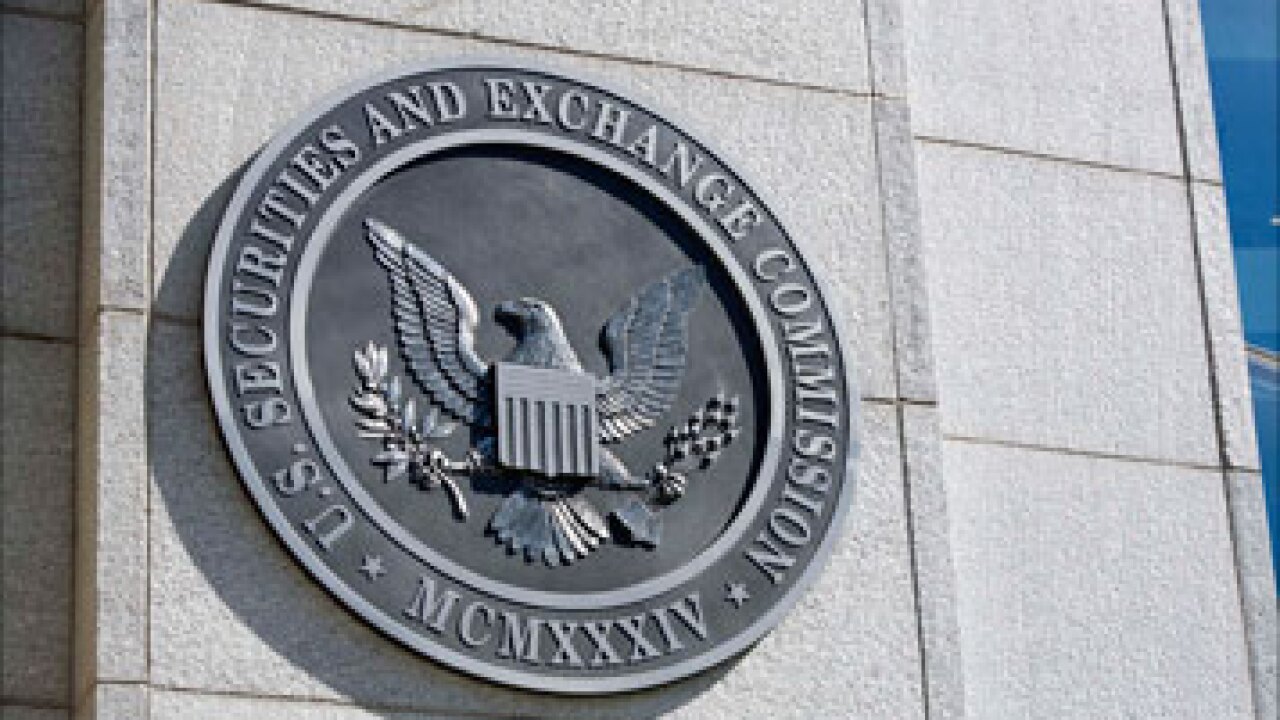Facebook publicly launched the Libra cryptocurrency and
Libra capitalizes on the growing interest in both cryptocurrency and the underlying blockchain technology itself, but it’s also attempting to solve several core problems connected to digital payments, data security and financial market innovation. The focus going forward will be the governance policies that evolve between Facebook, the Libra Association and the founding organizations, and if they shift in the face of potential macroeconomic and geopolitical changes.
Before diving into some of the current accounting questions and considerations that should be on the mind of accounting professionals, let’s take a look at a few of the higher-level cryptocurrency issues Facebook is trying to solve.

First and foremost, Libra is the most current attempt to reduce the volatility that many consumers and institutions associate with cryptocurrencies, which is why it’s labeled as a “stablecoin.” Even during periods where the price volatility of cryptocurrencies like Bitcoin was lower than in other asset classes, the association of cryptocurrency with volatility in many people’s minds represents a headwind preventing broader consumer and enterprise adoption.
Second, the cost of sending financial assets and information between both individuals and institutions can be exorbitantly expensive when conducted outside sophisticated technology markets, oftentimes resulting in fees and charges totaling between 25 to 35 percent of the total amount being transferred. Since the majority of Facebook’s recent growth comes from outside the United States, blockchain and cryptocurrency can potentially decrease the time and cost it takes to transfer financial information.
Third, Libra has been designed to be a currency option focused on transactions, as opposed to simply being used as an investable or speculative asset. While it remains to be seen how the actual rollout in 2020 goes, the development of a new coin specifically for use as a payment option could have a major impact on the global financial services landscape.
Libra will be debated and analyzed until the network launches (anticipated sometime in the first half of 2020), but some initial accounting and financial considerations are important for practitioners to consider, connected to both Libra itself and the broader ecosystem.
1. What exactly is the stabilization mechanism for Libra? The coin itself is not, unlike other stablecoins, backed exclusively by the U.S. dollar, but is instead backed by a basket of reserve assets, known as the Libra Reserve. The initial information doesn’t appear to specify which assets will support the Libra Reserve, nor in what ratio these assets will be present, but that is only a part of the conversation. Building on the stable nature of the coin documented in the white paper, as well as having an understanding of exactly how Libra will be stabilized, and how the costs associated with the stabilization will be reflected, will be important.
2. How will Libra be redeemed? Libra is not backed by any single currency, raising the question from an accounting, financial and fiduciary perspective of how Libra holders can convert their coins back into a fiat currency. While this process will most likely be documented and disseminated as more data becomes available, ensuring that the process is realistic for Libra holders and can be done without incurring excessive time or financial costs is important. The white paper indicates that Libra will be redeemable for select fiat currencies, but the specifics of how this process will function are important points for practitioners to consider and understand moving forward.
3. To facilitate adoption of Libra, and make the user experience as seamless as possible, Facebook also announced that users will be able to download a wallet and purchasing application known as Calibra. What are the controls around the Calibra wallet app? Important factors to consider regarding this "hot wallet," and the storage of confidential investor information (like drivers license data), have been debated in numerous articles and papers, but will need to be revisited as Calibra moves from an announcement to a market reality. Especially since Facebook is a consumer-facing organization (with existing privacy challenges) and because Libra has been developed to facilitate consumer transactions, it will be important to ensure customers, clients, and other individuals are educated and informed about the risks linked to hot wallets.
An additional point, separate from Libra-specific issues, is whether or not regulatory agencies — both in the United States and abroad — will view this announcement as an impetus to clarify and standardize the regulatory treatment of cryptocurrency. Taxation, accounting classification, reporting and disclosure of cryptocurrency information still represent open items that are in need of further clarification. Clearly the launch of Libra represents a definitive shift in the cryptocurrency landscape and has the potential to redefine how individuals and institutions interact with the space. That said, there still remain numerous open items and questions that need further examination and analysis.





